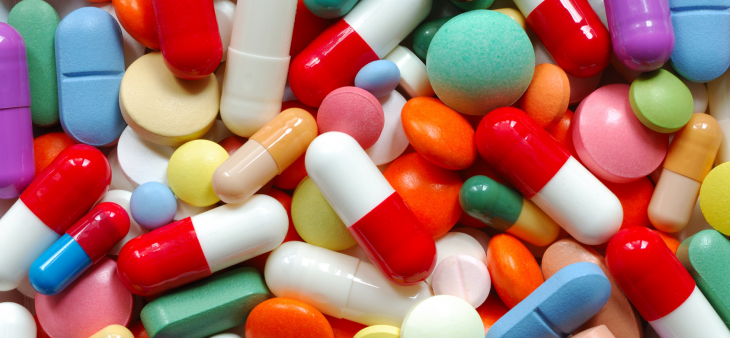Allergy to medications is a common problem because of the frequent and sometimes excessive use of prescription and non-prescription drugs.
Drug allergy sufferers complain of one or more of the following:
- Hives which are itchy, red and swollen raised skin lesions.
- Angioedema is giant non-itchy hives
- Asthma (cough, shortness of breath, wheezing, and chest tightness)
- Loss of blood pressure and even shock
- Joint pains and swellings
- Eczema (excessive skin dryness and presence of a rash. The rash could be itchy, sometimes intense and the skin becomes rough, thick, broken open at times.)
- Mucus membranes
- Digestive tract and
- Cardiovascular system. Exposure to the offending medication can be through contact with the skin, breathing vapors from the medication, ingestion, or through injection. Symptoms can be acute or can develop over a given, sometimes prolonged period of time.
Symptoms from allergy to medications do not relate to how much of that medicine is taken in or put on the skin. Severe or even life threatening symptoms can result from exposure to small dose of the medication such as the case with penicillin.
Identifying the offending medication and avoiding any form of contact with it, is very vital in the management of allergy to medications. You should familiarize yourself with the names of and the dates you started taking all medications. Remember, it takes only small quantity of a given medication to produce severe symptoms.
CONTACT US FOR MORE INFORMATION ON DIAGNOSIS AND PROPER EFFECTIVE TREATMENT OF ECZEMA, CONTACT DERMATITIS AND OTHER ALLERGIC SKIN RASHES.
WE CAN HELP.

 APPOINTMENT REQUEST
APPOINTMENT REQUEST